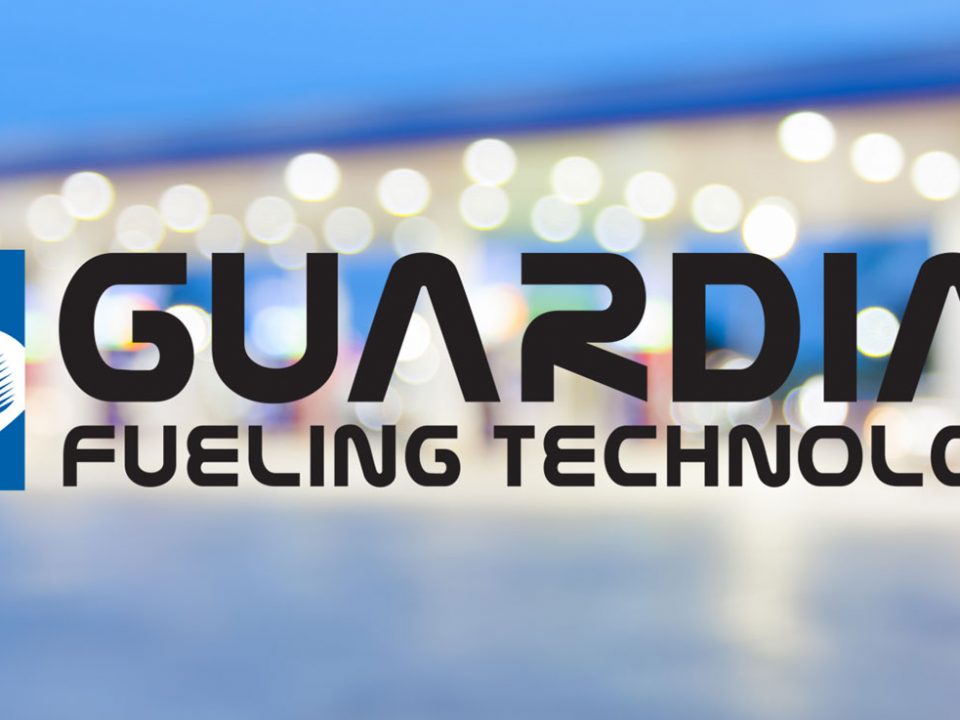Guardian Joins the ChargePoint Electric Vehicle Charging Network as Signature Partner
September 20, 2019
What is FuelGuard?
September 20, 2019A visual assessment of the water in your fuel can reveal a lot about the health of your petroleum system.
Water contamination in fuel is a common occurrence that can cause a variety of adverse reactions in your fueling system. When dealing with water in fuel, often the most pressing question is, “How much water is in your tank?” While quantity is significant, quality is important too. We also need to be asking, “What does the water look like?” The condition of the water accumulated on the tank bottom and suspended within the fuel can indicate particular mechanical issues that are likely to be encountered.

The samples above are all on-road Ultra-Low Sulfur Diesel (ULSD) collected from underground fuel storage tank maintenance. From top to bottom, each sample shows contaminated diesel fuel on top and water resting on the bottom, with what is called the “rag” layer in between the two. The rag layer is the interface of water to diesel fuel where bacteria colonies proliferate.

This sample shows a very dark layer of water. Bubbles and sludge can be seen within the rag layer and the diesel fuel tank design on top has become cloudy, an indicator of suspended water within the fuel. The dark colors in the sample were created by bacteria over an unknown, but likely very long period of time, suggesting that water intrusion is slow, potentially from condensation. The color, sludge, and bubbles show that there is an abundance of thriving microbial contamination in this tank. Microbes significantly contribute to the acidification of the fuel and vapor space within the tank, leading to rapid deterioration through corrosion. Tanks with samples in this condition inevitably have numerous mechanical issues, such as bad leak detectors and meters, probes with inaccurate readings, and frequent slow flow or filter changes. Fuel in this condition will corrode and damage your equipment every day until the microorganisms are killed with biocide and contamination is removed from the tank.

The water in this sample is very clear and tells a much different story. The diesel fuel layer on top is quite cloudy and the rag layer isn’t significant. There is some particulate visible, but the bulk of contamination is water. Microorganisms haven’t had the time to flood the system with acidic sludge that is typically encountered when water intrusion is slow, like when water accumulates from the condensation process. The water is entering the tank quicker than bacteria can grow in it, indicating a significant leak. Diesel samples with these characteristics often lead us to recommend a Water Intrusion Inspection and Tank Tightness Test prior to fixing the condition of the fuel.

The last sample falls somewhere between the severity of the first two samples. The water is opaque and the rag layer is showing signs of bacteria growth. The diesel layer on top is relatively clear, although the coloration shows the fuel has aged. The contamination in this sample isn’t extreme, but without corrective action, the microorganisms will overwhelm the fuel and tank.
Dirty diesel fuel is common and anyone can recognize that these samples aren’t clean. The critical step is to understand the characteristics of the contamination and how it can adversely impact your business.
FuelGuard offers fuel restoration services that correct water contamination in your diesel tanks. Our state-of-the-art process uses a multi-staged filtration system to remove pollutants, water, and microbial growth, keeping your operations running smoothly. Call FuelGuard today at 904-349-2347 for a free fuel quality evaluation. Your Business Runs on Fuel. Quality Fuel Runs on FuelGuard.
Related Tag: Fuel Station Maintenance

